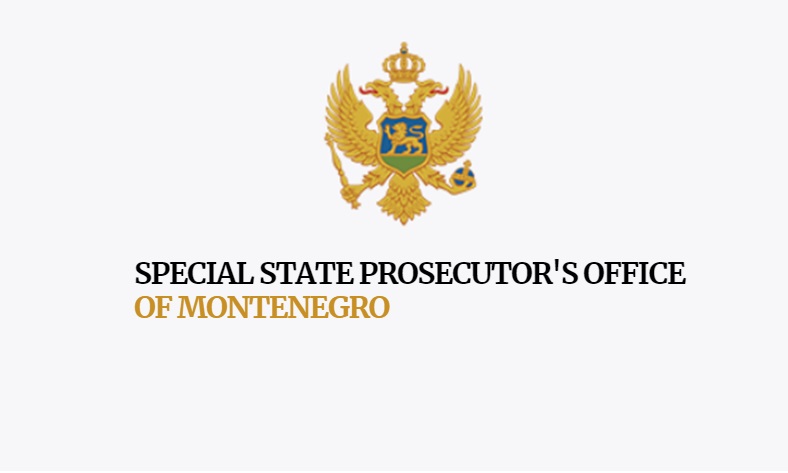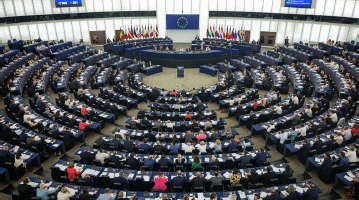In 2024 alone, the Special State Prosecutor`s Office (SDT) has temporarily blocked transactions for 479,819 square meters of real estate in Montenegro across 14 cases. Authorities have also confiscated 25 cars, three motorcycles, two boats, 12 luxury watches (Rolex, Cartier), 39 other high-end watches, and 169 antique items.
Over the past two years, the High Court in Podgorica has, at the request of the SDT, imposed temporary restrictions on properties in Montenegro and Serbia totaling 2,037,245 square meters. This includes 48,828 square meters of residential, commercial, and garage space, with the rest covering various types of land, orchards, gardens, pools, and parking areas. If we apply the average real estate price of €1,850 per square meter, then just the blocked apartments and business spaces amount to over €90 million in frozen assets.
Since Vladimir Novović took over as Special Prosecutor three years ago, the SDT has significantly ramped up financial investigations alongside criminal probes. This shift has led to a surge in asset freezes, targeting properties suspected of being acquitted through criminal activity.
In contrast, from 2016 to 2022, financial investigations were far less effective – resulting in the permanent seizure of only two apartments and 3,063 square meters of land. Other prosecution offices had even more modest results: the Higher State Prosecutor`s Office in Podgorica confiscated just one apartment, while the Bijelo Polje office seized only €15.
Montenegro`s Chief State Prosecutor, Milorad Marković, stated in a January 2024 interview that financial investigation remain a top priority for prosecutors at all levels this year.
It really feels like Montenegro is finally getting serious about going after illicit wealth, but at the same time, it makes you wonder why did it take so long?
For years, financial investigations barely made a dent, and now suddenly, we`re seeing millions in assets frozen. That`s a big shift, but freezing property isn`t the same as permanently seizing it. The real test will be whether these cases lead to actual convictions and lasting confiscations. If not, this could all just be a flashy show that fades away. Montenegro has a long way to go in proving that crime really doesn`t pay.
Written by our correspondent A.A.



